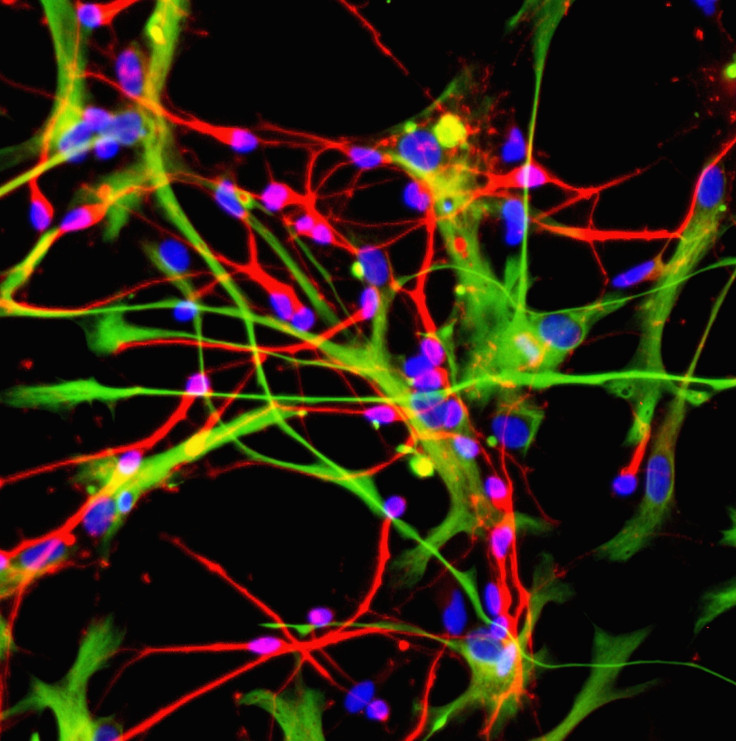What Is Dopamine? Gene Mutation, Age Linked to Early-Onset Parkinson's Disease

A mutation in a gene that produces dopamine in the brain could be linked to early-onset Parkinson’s disease, according to a new research. In a study carried out by researchers at Iowa State University and published in the February 2017 edition of the Neurobiology of Aging journal, the defect in the guanosine triphosphate cyclohydrolase-1 or GCH1 gene was found to have a particularly strong impact on people under the age of 50.
Overall, white people with a bad version of the gene were found to develop Parkinson’s symptoms five years earlier than others and have a 23 percent increased risk of contracting the disease. However, that figure goes up to 45 percent for young-to-middle-age adults.
A chronic and progressive disease of the nervous system which affects movement, Parkinson’s is suffered by nearly 1 million people in the United States. It occurs due to a depletion of dopamine in the brain.
“As we age, we progressively make less dopamine, and this effect strongly outweighs the genetic influences from the ‘bad version’ of this gene,” said one of the researchers Joseph Webb. “Simply by aging, our dopamine production decreases to the point that the effects from a mutation in this gene are not noticeable in older adults, but make a big difference in younger populations."
Dopamine is produced by neurons in the brain and, in addition to regulating movement, it controls the brain’s pleasure and reward centers. Certain drugs cause a surge in dopamine being released, helping to fuel addiction. A lack of dopamine has also been linked to depression.
There has thus far been little understanding on the part of researchers for what causes the neurons that produce dopamine to deteriorate. Rarely is it inherited genetically. Only around 15 to 25 percent of people with Parkinson’s have a relative with the disease, according to the Parkinson’s Disease Foundation. Those with an immediate relative who suffers from Parkinson’s have a 4 to 9 percent increased chance of contracting the disease.
Some studies have found that individuals who have reported prolonged exposure to certain chemicals in the workplace have an increased risk of Parkinson’s.
© Copyright IBTimes 2024. All rights reserved.





















